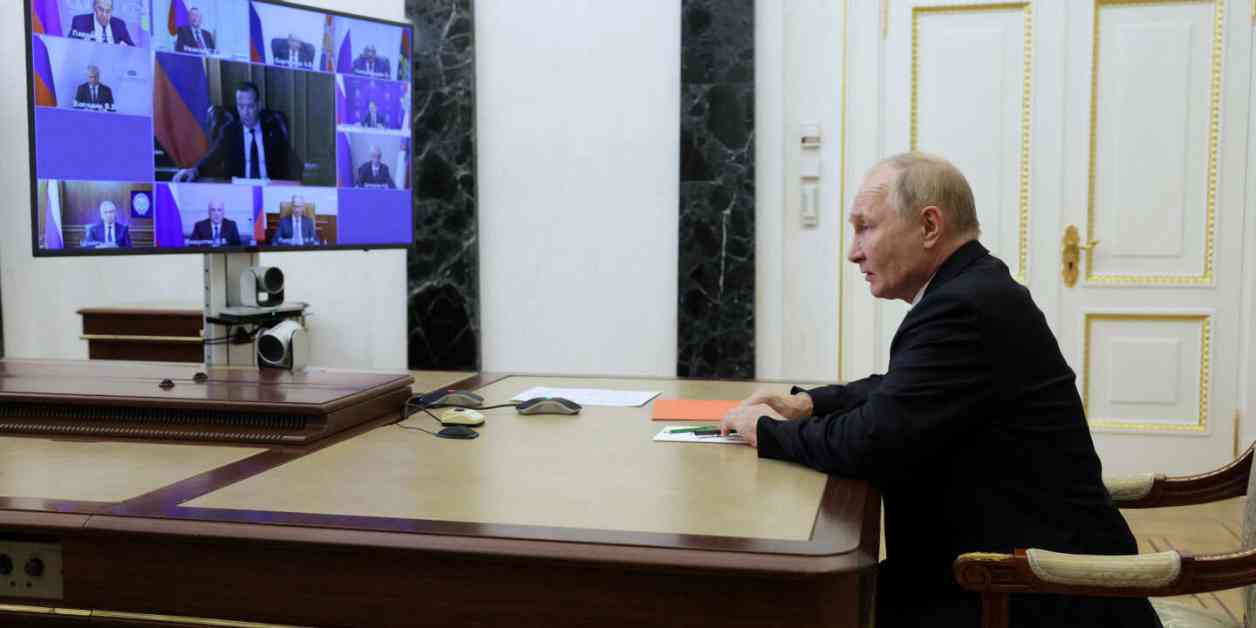The recent prisoner exchange between Russia and several Western countries has raised eyebrows and sparked discussions among experts. The exchange involved the release of eight Russian spies who were convicted in these countries in return for three American citizens, a German on death row in Belarus, and twelve Russian political prisoners. What stood out in this agreement was the release of prominent opposition figures, a stark contrast to the failed exchange involving Alexei Navalny earlier in the year.
Vladimir Putin, in his efforts to bring back some of his intelligence operatives, had to grant freedom to some of Russia’s most determined democrats. This high-cost exchange sheds light on the importance Putin places on his spies, especially Vadim Krassikov, a Russian intelligence officer who was caught by German police and sentenced to life in prison for an assassination attempt in Berlin in 2019.
The asymmetry of this exchange has proven to be surprisingly beneficial for both Western countries and the Russian resistance. While Moscow had taken hostage an American military veteran and two American journalists, the Belarusian dictator, Alexander Lukashenko, had also arrested a young German man and sentenced him to death. This forced the Kremlin to offer much more than just the American and German hostages to secure the release of Krassikov.
Putin’s need to appease the FSB, the GRU (military intelligence), and their special forces is crucial due to the ongoing war in Ukraine. The conflict has strained relationships between military commanders and intelligence services, with the latter gaining more power in war management. The Russian population is living under a de facto state of emergency and wartime economy, under the heightened control of the FSB.
Putin’s decision to launch a military operation in Ukraine in 2022 against the advice of intelligence and military leaders has not gone as planned. The prolonged conflict has put pressure on Putin to be accountable for the outcomes of his actions.
As the situation continues to unfold, it becomes clear that Putin’s reliance on intelligence services and the prioritization of spies over political prisoners reveal the challenges and complexities of his leadership. The impact of these exchanges on diplomatic relations, internal politics, and international perceptions of Russia will be closely watched in the coming months.

